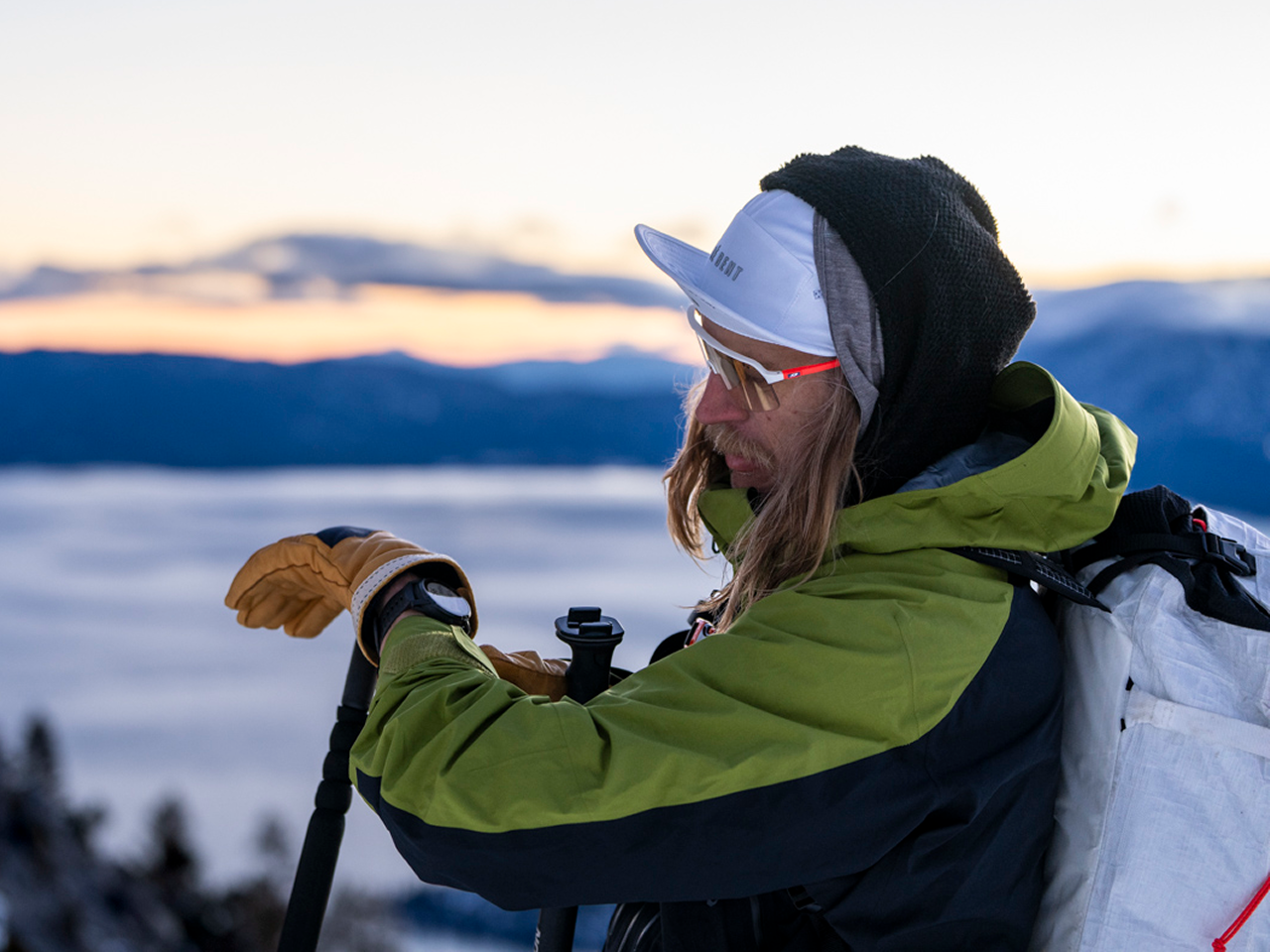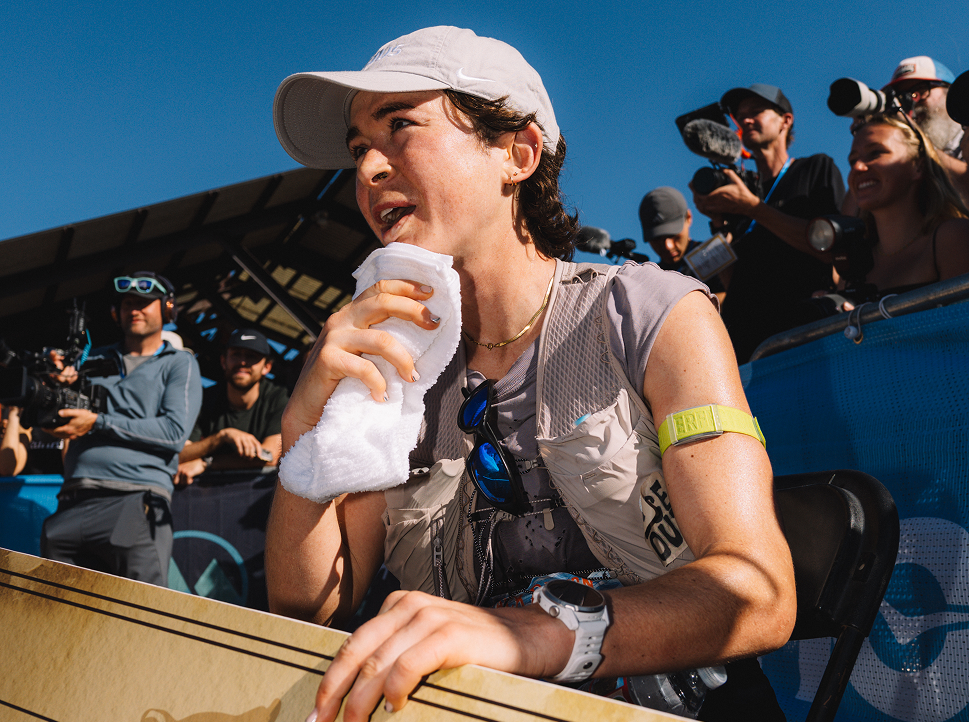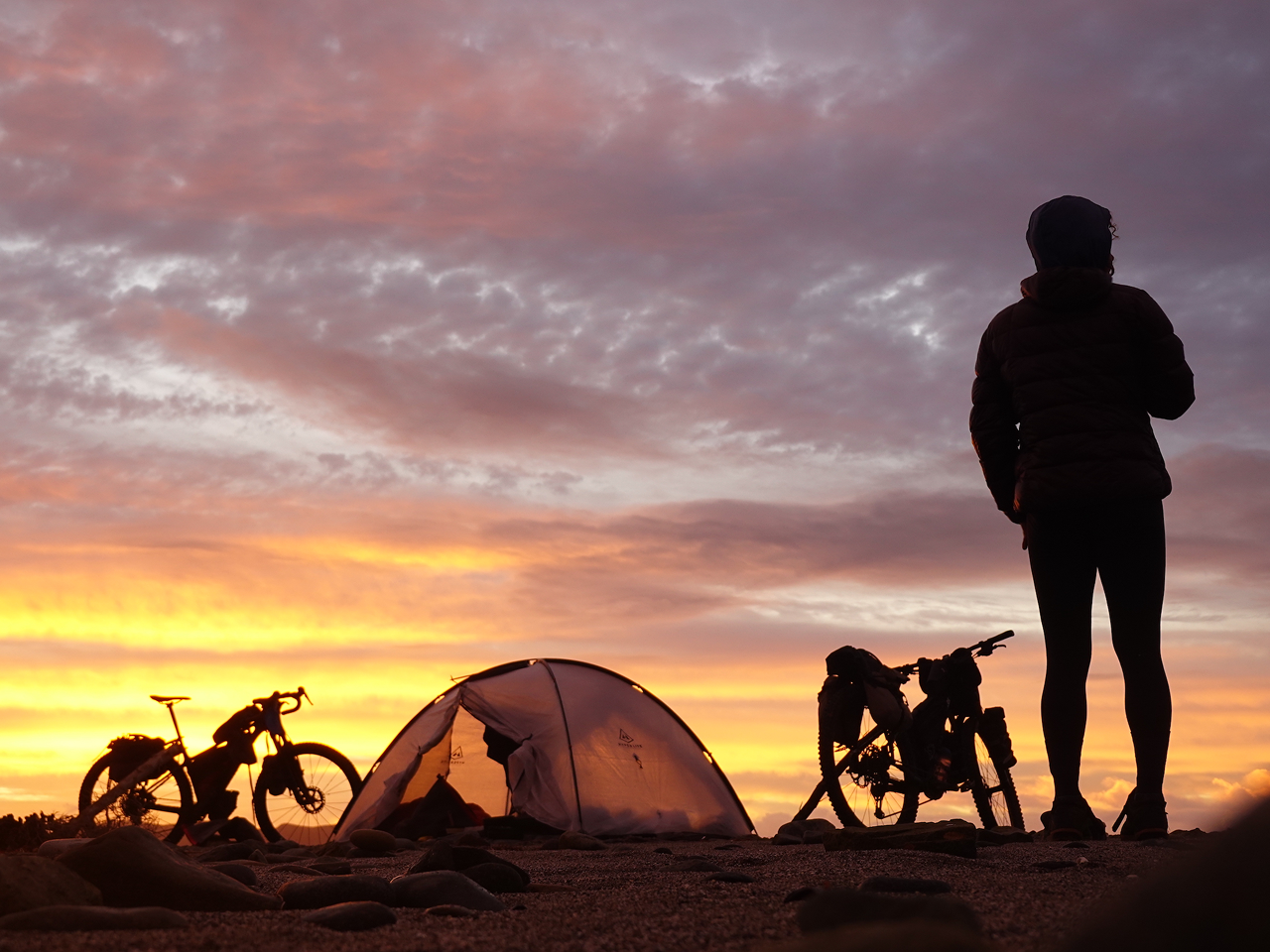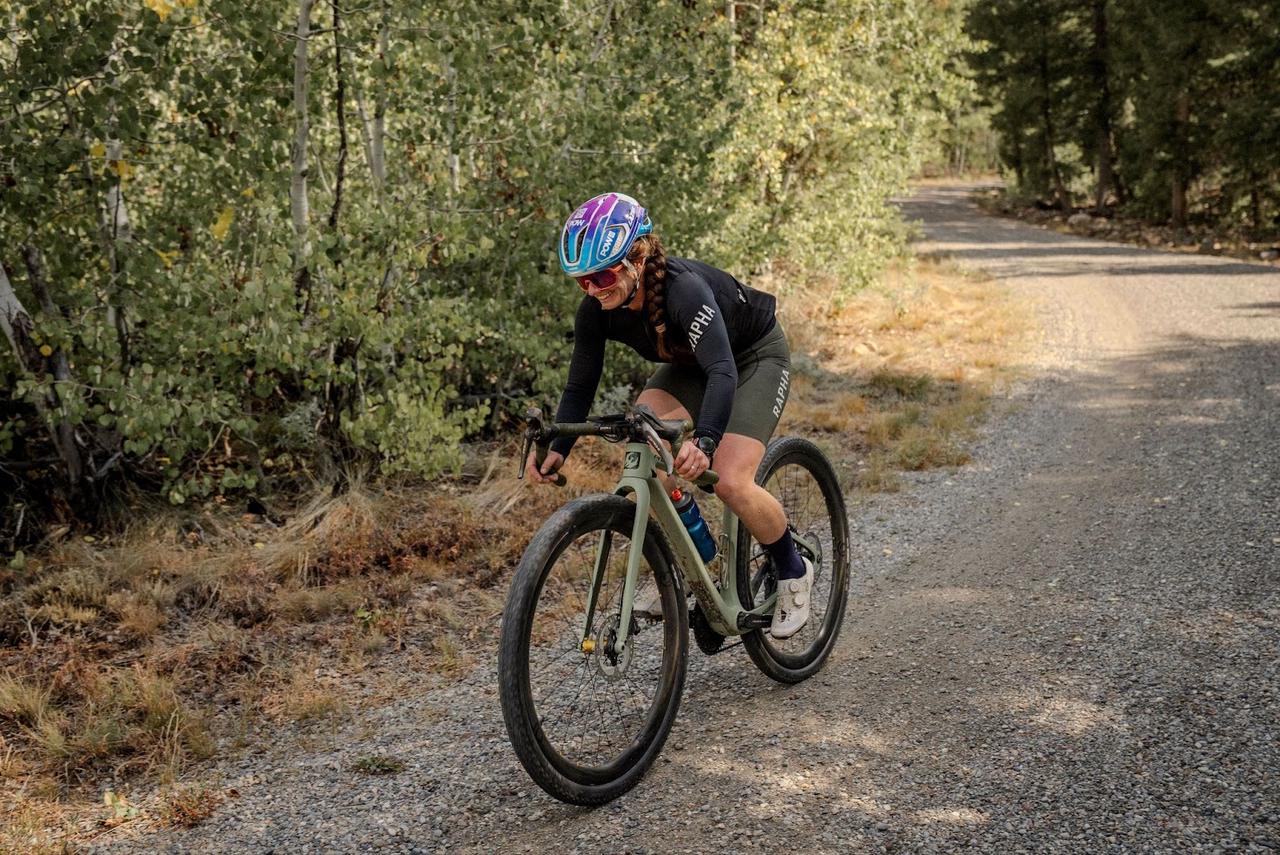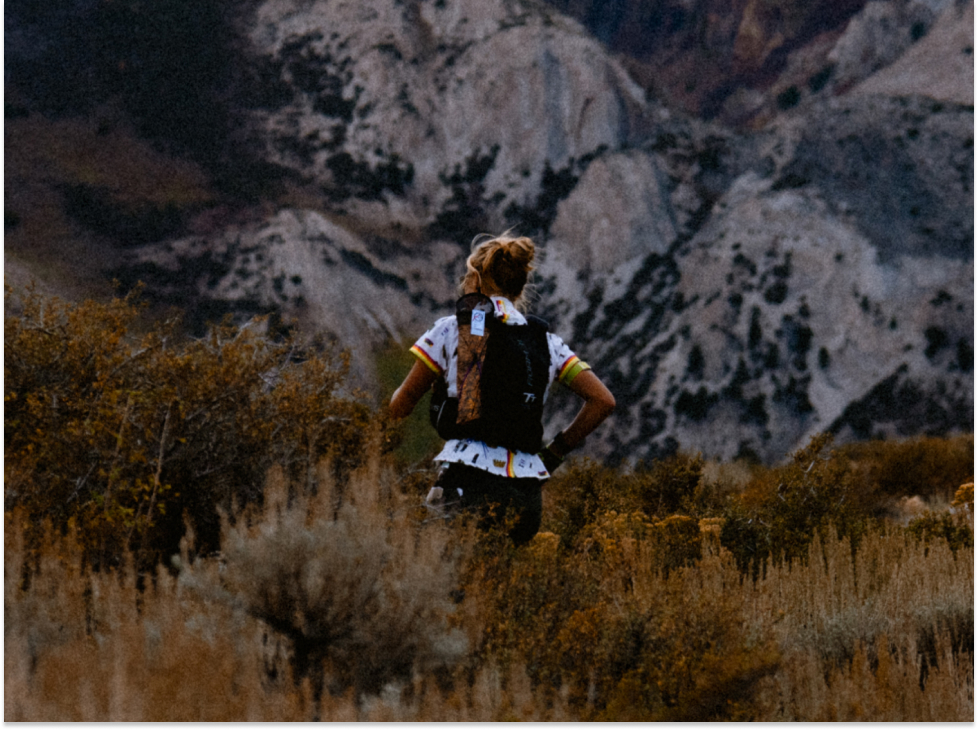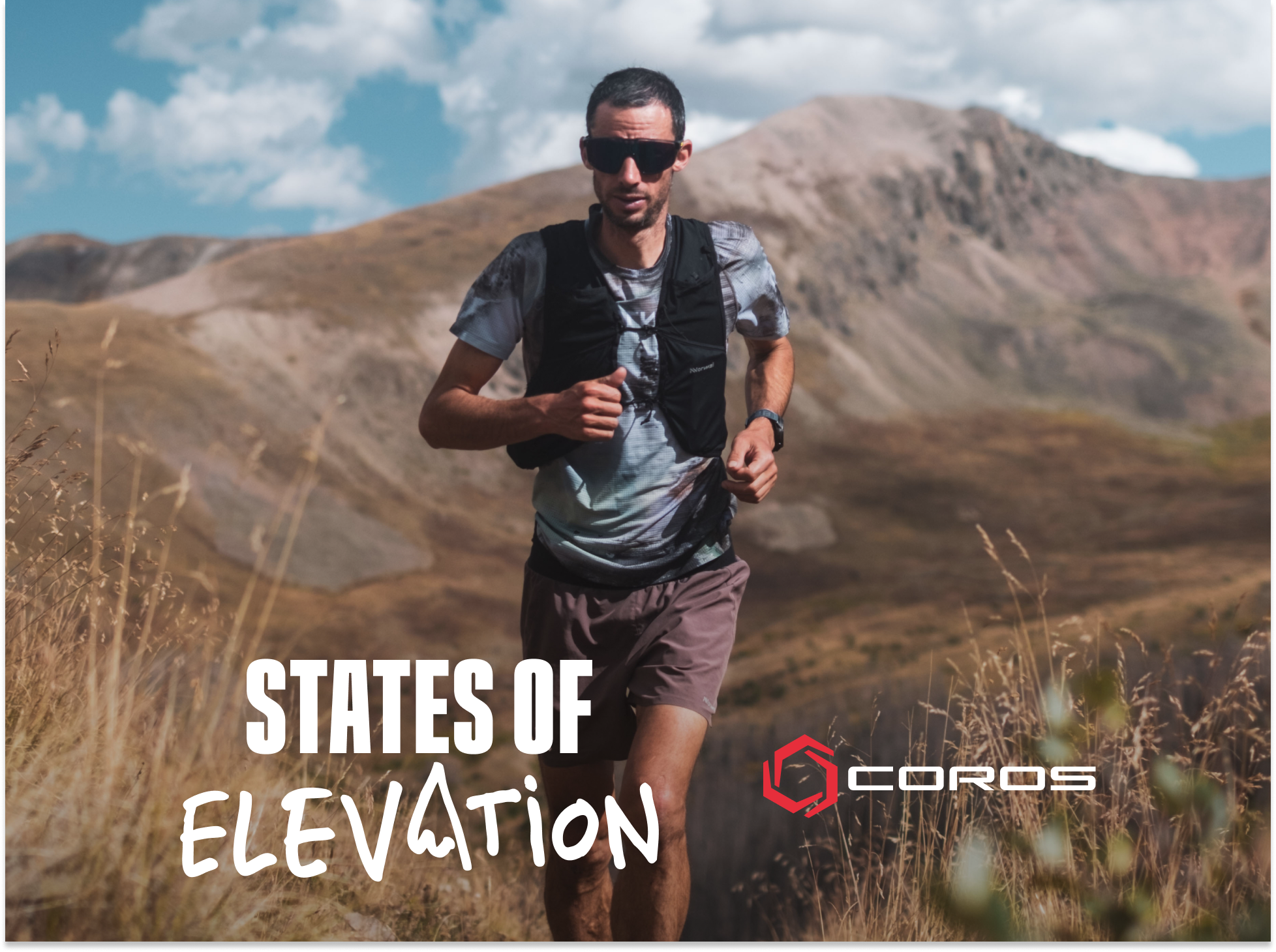In 2010, a 22-year-old Kilian Jornet ran Western States for the first time, finishing 3rd and launching a legacy that would reshape trail running. That race, and the film Unbreakable, became a rite of passage for runners around the world, showcasing Kilian's raw talent and the heart of a sport still in its adolescence.
The very next year, he returned to win it. But life, like the course, rarely loops back the same way twice.
Today, Kilian is 37. He’s a father of three, a business owner, and a relentless student of performance. He’s the most decorated mountain runner in history—but this return to Western States isn’t about a comeback. It’s about evolution.
“Western States stirs a mix of nostalgia and excitement. It was my first big win, a moment that shaped my early career. Now, I feel I’ve grown both as an athlete and as a person. I’m enjoying the process in another way.”
The race has changed. But so has Kilian.
Since Kilian’s 2011 victory, with a finishing time of 15:34:24, the Western States course has only gotten faster. In the last six editions, five winners have broken 15 hours. Jim Walmsley’s 14:09:28 record reset the standard—and made past-winning times barely podium-worthy.
The culture, too, has transformed. Aid stations are no longer quiet stops but stages lined with media, fans, and branded tents. What was once a raw test of grit now demands precision. The margins for error? Razor-thin.
“On paper, it doesn’t look that fun. But it’s fun because of the challenge—the training, the competition. I don’t care if I win or podium. It’s about exploring what’s possible out there.”
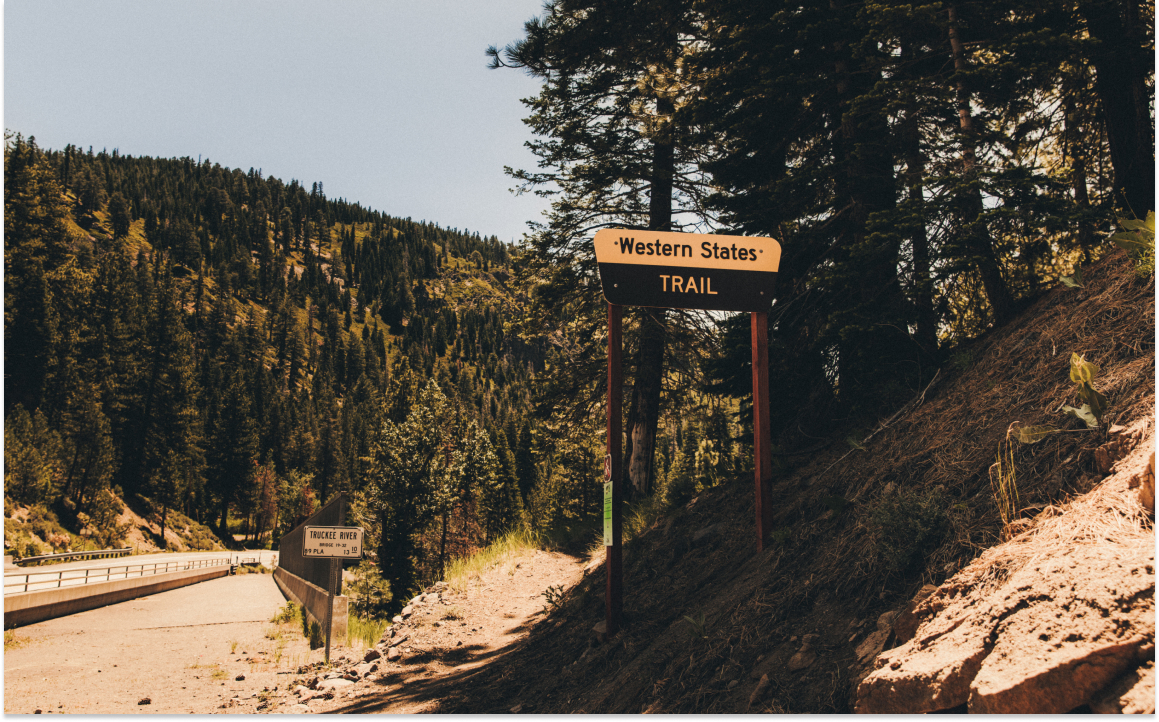
From Unlimited Time to Intentional Minutes
Gone are the days when Kilian could spend endless hours roaming the mountains. Today, fatherhood reshapes his time and mindset.
“With kids, there’s less time to train and a much more marked routine. I want to spend time with them, so the bigger part of training is when they’re at kindergarten.”
The Science of Staying Great
At 22, Kilian trained by instinct and joy. Today, with limited time and a decade of experience behind him, Kilian's approach is about necessity and nuance.
“I’ve moved from a ‘more is better’ mindset to one of precision—understanding what really helps performance and health.”
Now living in frigid Norway, he’s found creative ways to prepare for the heat of Western States. His home gym becomes a heat chamber: sauna suits, temperatures topping 105°F, and core temperature tracking, all in service of optimizing efficiency.
“It’s not just about building tolerance. It’s about triggering earlier sweat, improving sodium absorption, teaching the body to cool more efficiently.”
Everything is measured. Sodium intake. Fluid loss. Recovery. No minute is wasted. Where he once had endless time, now every session must count.
Data Doesn’t Replace Feel. It Refines It.
Kilian’s COROS APEX 2 Pro and Heart Rate Monitor are part of his daily arsenal. He tracks heart rate, cadence, and Effort Pace—not just for the numbers, but to listen more clearly to his body.
“If I see pace or Effort Pace is dropping or heart rate is drifting, then I accelerate. The data helps me stay aligned with how I’m feeling.”
He now uses HRV, sleep metrics, and load-tracking tools unimaginable in 2010, to guide not just training, but recovery and longevity.
“It’s smarter because I know my body better. It’s different because life has changed—personally and professionally.”
What Success Looks Like Now
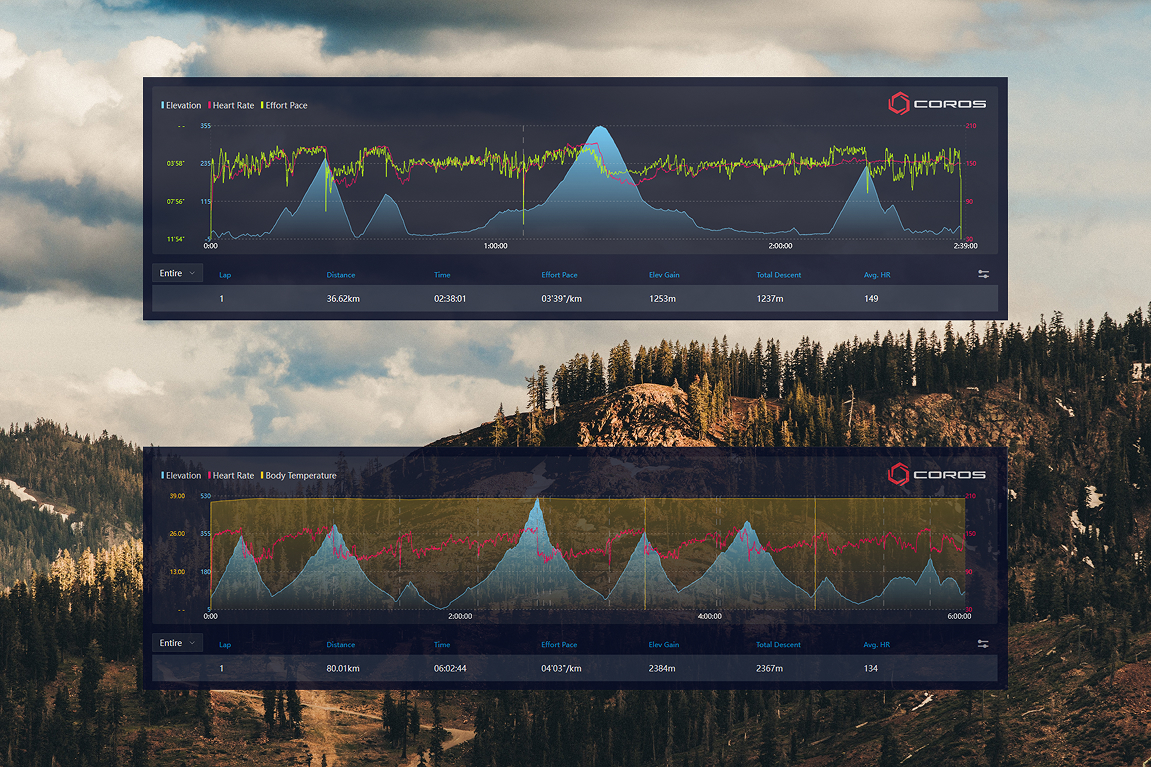
Two of Kilian's recent training runs
Success at Western States in 2025 won’t be about a finish line photo or a podium shot. Unlike 2011, Kilian has nothing to prove in the sport. This time, it’s about answering a question that’s been quietly waiting for 14 years.
“This isn’t about being young again. It’s about training with intention, respecting recovery, and staying curious about what’s still possible.”
His long runs now hover around 80km, his average heart rate below 140bpm. He runs less, bikes more. And every session is a puzzle piece in a life built around family, sustainability, and legacy.
“Even though I love competition, it’s become less about doing many races. It’s about doing things I believe in—races, projects, and creating positive influence.”
The Race Still Matters
Kilian didn’t need to come back to Western States (he's already proven his abilities hundreds of times), but he did.
Why? Because some races never leave you. Because performance doesn’t fade, it evolves. With the right tools, the right mindset, and the right purpose, we don’t have to train like our younger selves to perform just as well, or even better.
We just have to keep showing up with intention.
“I used to push without limits. Now I listen more. Plan more. I’ve learned that combining mountain projects, family, and efficient training. That’s where I thrive.”
Fifteen years later, the sport has evolved, the race is faster.
But so is Kilian.

/filters:quality(90)/fit-in/970x750/coros-web-faq/upload/images/247878769ca4eacb888d18ad2b0bf68c.jpg)
